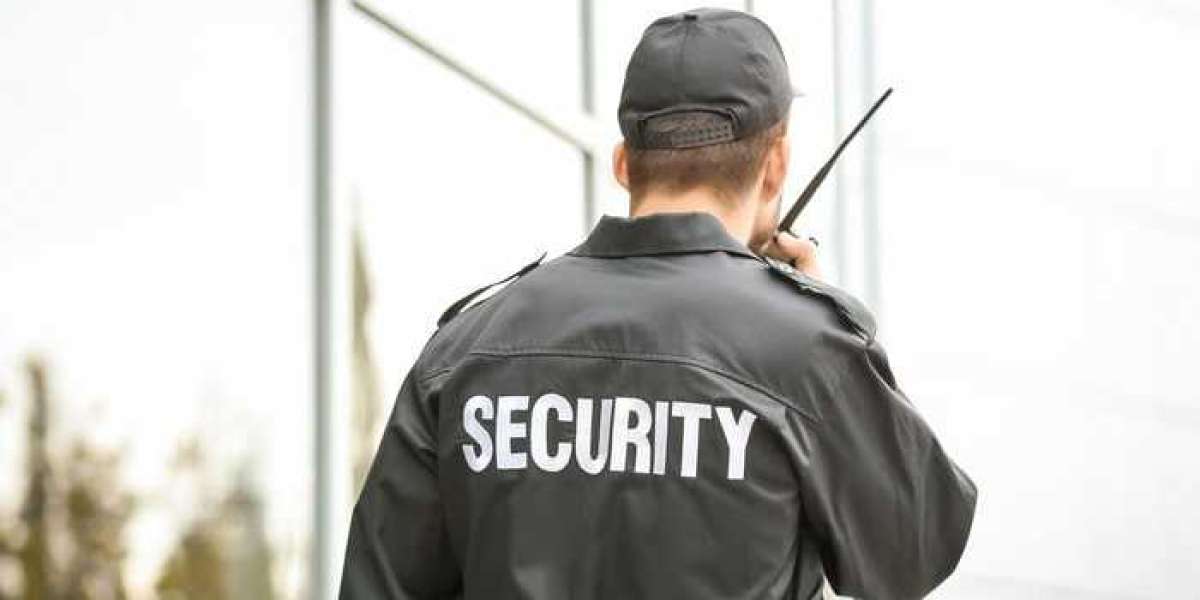Crowded events are vibrant spaces where people gather to celebrate, learn, or enjoy entertainment. However, they also present unique challenges in terms of safety and risk security management. From concerts and festivals to conferences and sporting events, the role of a security guard is central to ensuring the safety of attendees, staff, and property. Security guards act as the first line of defense, addressing potential threats while fostering an environment of calm and order. This article delves into effective strategies security personnel can employ to minimize risks at crowded events.
Pre-Event Risk Assessment:
Preparation is key to effective risk management. Before an event, security teams must conduct thorough risk assessments to identify potential vulnerabilities. This includes evaluating the venue's layout, entry and exit points, capacity limits, and areas prone to congestion.
Security guards should work closely with event organizers to understand the nature of the crowd and associated risks. For example, a music festival may attract an energetic and diverse audience, necessitating plans to manage rowdy behavior. By identifying these factors early, security guards can create a robust strategy to address potential risks before they escalate.
Effective Crowd Control Techniques:
Crowd control is a fundamental responsibility for security guards during any large-scale event. Managing the flow of attendees is crucial to prevent overcrowding, which can lead to panic or stampedes. Security personnel can use barriers, signage, and well-placed checkpoints to direct foot traffic.
Guards should be trained in de-escalation techniques to handle tense situations calmly. Visible security presence also acts as a deterrent, discouraging unruly behavior and ensuring attendees feel secure. Proactive monitoring of crowd dynamics is vital for identifying and addressing potential bottlenecks before they become problematic.
Emergency Preparedness and Response:
Emergencies can range from medical issues to fire hazards and even potential security threats. Security guards must be well-versed in emergency response protocols, including evacuation procedures and communication systems.
A rapid, coordinated response is essential to minimizing harm. Guards should work as part of a larger team that includes medical personnel, local law enforcement, and event staff. Regular drills and simulations can ensure security guards are prepared to act decisively in the event of an emergency.
Leveraging Technology:
Modern technology has become a vital tool for security operations at crowded events. Surveillance cameras, metal detectors, and communication systems can enhance situational awareness and streamline responses.
Guards can use mobile devices and apps to report incidents in real time, enabling quick coordination among team members. Additionally, drones and AI-powered systems can help monitor large crowds for unusual activity, providing an added layer of security.
Building Strong Communication Channels:
Clear and effective communication is the backbone of risk management in crowded events. Security guards must maintain constant communication with team members and event organizers to ensure a unified approach to safety.
Using radio systems or mobile communication tools, guards can quickly relay information about potential risks or incidents. Establishing communication hubs at key locations within the venue can also aid in ensuring seamless coordination across different teams.
Fostering a Friendly and Reassuring Presence:
While the primary role of security guards is to ensure safety, fostering a welcoming environment is equally important. Guards should engage with attendees in a friendly and approachable manner, offering assistance when needed.
A positive demeanor can help diffuse tensions and make guests feel at ease. Security guards who are perceived as approachable are more likely to be informed of potential issues by attendees, providing an opportunity to address concerns proactively.
Post-Event Evaluation:
After the event, a thorough evaluation of the security measures employed can provide valuable insights for future planning. Security guards should document incidents, challenges, and successes to refine strategies.
Collaborative debriefs with event organizers and other stakeholders can highlight areas for improvement. This continuous feedback loop helps security teams stay adaptable and prepared for the unique demands of future events.
Final Thought:
Minimizing risks in crowded events requires a combination of strategic planning, skilled personnel, and the effective use of technology. Security guards play an indispensable role in safeguarding attendees and ensuring the smooth execution of events. By adopting proactive measures such as risk assessment, crowd control, and emergency preparedness, security personnel can mitigate risks effectively. Moreover, fostering a welcoming atmosphere and maintaining clear communication channels ensures attendees feel both safe and valued.


